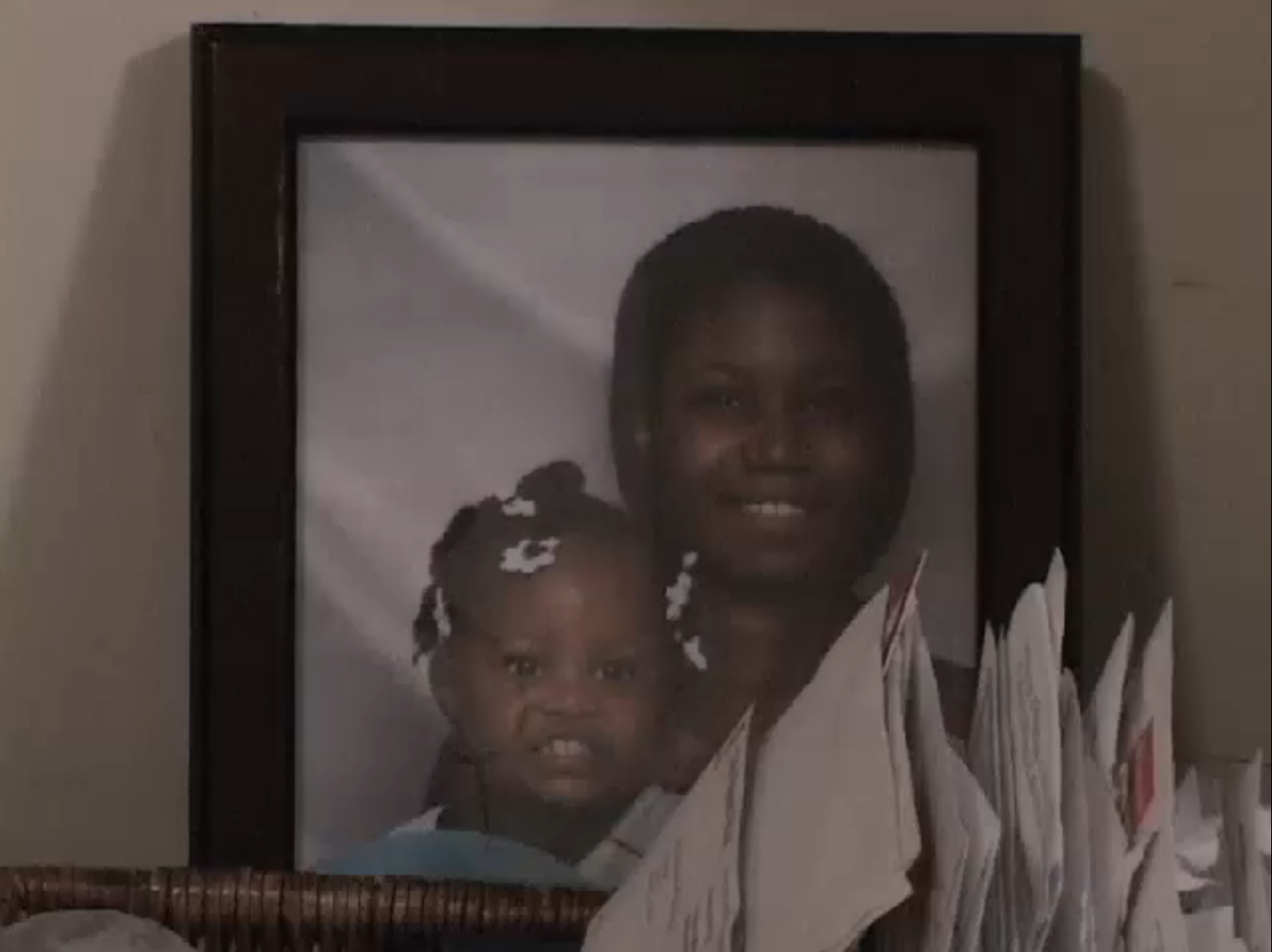Informal kinship grandmothers need help
PRODUCED BY JULIA DORAN
INFORMAL KINSHIP GRANDMOTHERS NEED HELP
 On April 1st, 2011 a bill, touted by some as a rare, positive piece of foster care legislation will come into effect. Governor Paterson’s Kinship Guardianship Assistance Bill will provide kinship guardians — the guardians of family friends and relatives’ children — with subsidies comparable to those received by foster parents.
On April 1st, 2011 a bill, touted by some as a rare, positive piece of foster care legislation will come into effect. Governor Paterson’s Kinship Guardianship Assistance Bill will provide kinship guardians — the guardians of family friends and relatives’ children — with subsidies comparable to those received by foster parents.
VIDEO STORY
 Related Content
Related Content
[Watch Now]
Kin caregivers reside at the bottom of the economic ladder and currently receive no monetary aide from NYC Administration for Children’s Services (ACS) unless they are registered within the foster care system. The new law should provide economic relief to these families, but it will only apply to the small group already recognized by ACS and won’t affect the unofficial community responsible for a significantly larger number of parentless children.
Subsidized guardianship will provide a legal transfer of rights of care, custody and supervision to family members caring for a relative, and confer on them the authority to make education and medical decisions on their behalf. This autonomy means the foster care system won’t have to pay for the administrative costs tied to social workers’ visits, routine case reviews and court appearances; and, because the legislation will provide much needed financial assistance, guardians should be able to provide long-term, permanent care.
Yet by eliminating the services offered to kinship guardians, a system already difficult to navigate will become much more obstructive, warn critics. “My concern is,” says Dr. Deborah Langosch, Director of the Jewish Board of Family and Children’s Services, a private, non-denominational agency that provides social services to kinship families, “is there going to be enough careful thinking about how these families are going to now get the services they were once getting through kinship foster care, independently?”
The troubles associated with navigating the system are evident from the experiences of the aged, informal kinship community. According to the 2000 census, over 84,000 grandparents in New York City are caring for 250,000 children (compared to 26,000 children living in foster care for the whole state of New York). Most of these kinship caregivers are grandmothers.
New York State spends $3 million on private kinship programs versus $1.37 billion on foster care, a figure that will be further reduced to $1 million next fiscal year; and funding for the subsidized guardianship legislation has not been allocated. According to Gerard Wallace, a leading lawyer for kinship guardianship and the director of the Kinship Coalition, the legislation was passed without any budgetary commitment from New York’s counties.
National studies show that children who grow up with a familiar figure succeed better than those who don’t, yet kinship children require services for support. They experience the same developmental and health issues as foster children and, additionally, the demographic of their guardians requires yet further considerations.
“There is no statutory consideration in the ‘best analysis’ [for guardianship], of age,” says Wallace. “They look at the totality of the circumstances. [Ageism] is a legitimate concern.”
A guardian’s age may import new hurdles over the course of time. “When a grandma is becoming aged and the kid is in a period [of] testing limits, the grandmother says, ‘I love you and I’d like to, but.’ And they need support,” says James Golden, Director of the Edwin Gould Academy’s subsidized housing for foster youth who have aged out.
Caregivers also experience difficulties navigating the services available to them; they might be unaware of programs or confused by the complexities of application processes. “It is remarkable how many times families aren’t getting what they need or don’t know about [what is available] to them,” says Dr. Langosch.
“I think [grandparents] are very much committed to the idea of keeping children in the family and raising them,” she continued, “but it can be enormously stressful. Unless they have adequate supports it can complicate things.”
Photo Caption: Michele Chapple from Presbyterian Senior Services
For more in depth coverage see http://juliadoran.wordpress.com